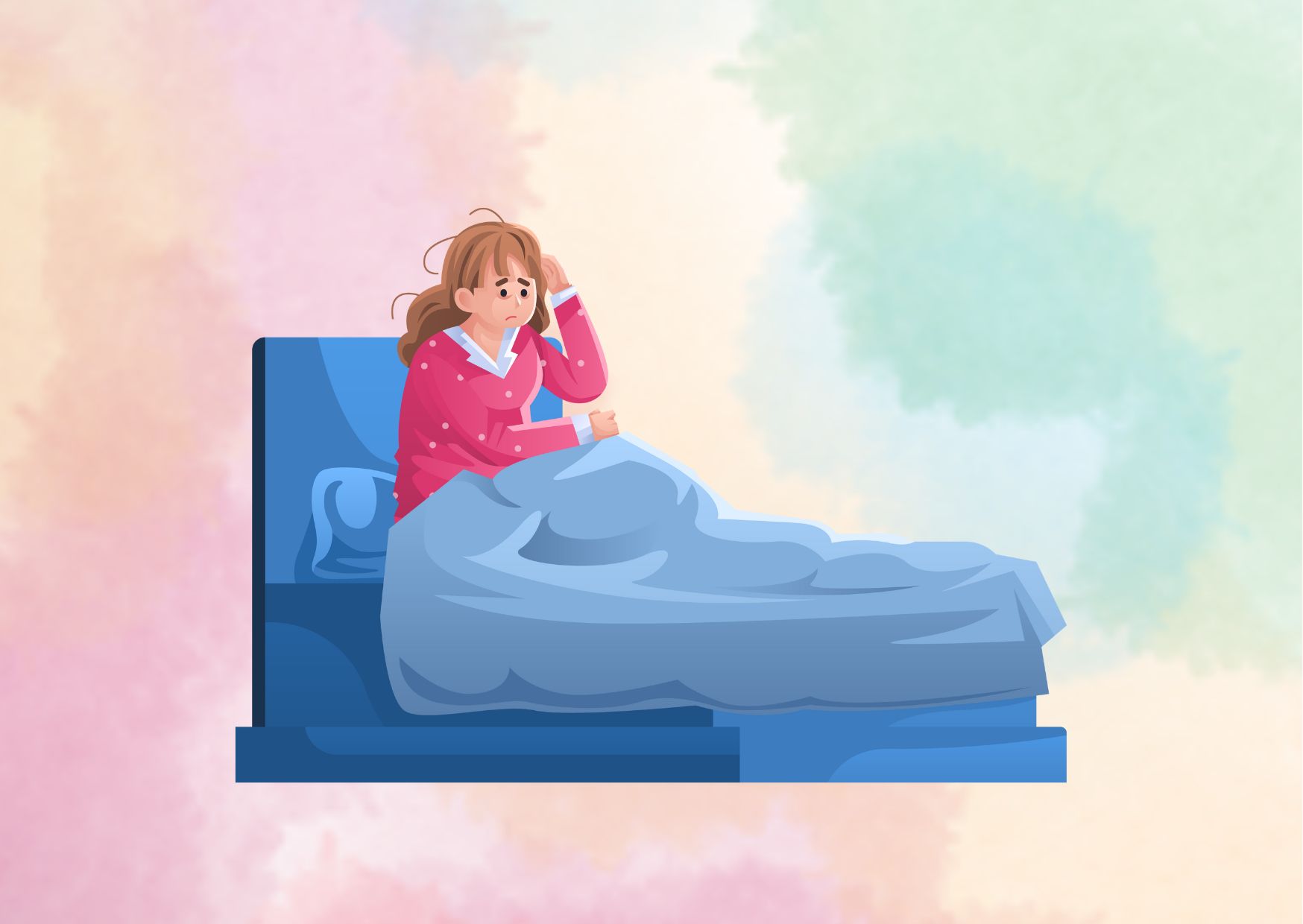Anxiety and Sleep problems
Anxiety and sleep problems are two common issues that many people face in their daily lives. Anxiety can cause excessive worry, fear, and tension that can disrupt daily routines, while sleep problems can lead to a lack of restful and restorative sleep that can negatively impact physical and mental health. These two problems often go hand in hand, with anxiety causing sleep disturbances, and lack of sleep further exacerbating anxiety symptoms.
While occasional anxiety and sleep problems are normal, persistent and severe symptoms can significantly impact quality of life and require professional treatment. Understanding the causes, symptoms, and treatments for anxiety and sleep problems is essential for individuals to maintain optimal physical and mental health.
Our bodies’ natural reaction to stress in our lives is anxiety. It is an emotion of dread or trepidation for the future. Many life events, such as a forthcoming job interview, a trip, an exam, a marriage, a new baby, or other major life events, may cause us to feel these emotions. As it keeps us alert and in a heightened state—a condition of survival—the anxiety we experience at these times is acceptable and may even be considered useful. But, persistent and acute worry that causes physical symptoms might prevent you from doing basic tasks, like sleeping, and interfere with your daily activities.
We are here for you and ready to help you regain your mental and physical health, even if experiencing anxiety might make you feel down and hopeless. We think everyone has the right to be in charge of their lives and enjoy them to the fullest.
What Is Fear?
Anxiety is a response to the stress in our life. An impending event, a terrible circumstance, a difficult choice, or any other type of life upheaval might cause this tension. Anxiety typically begins and ends as a person gets through the stressor that caused it. With time and distance from the circumstance, the worry should subside or disappear. But when a person has an anxiety condition, the symptoms can appear out of nowhere and continue for a few weeks or longer. The good news is that anxiety can be treated and there are techniques to reduce it in your life.
Anxiety and sleep problems. Anxiety Disorder Types
Every individual experiences anxiety differently since it has a wide range of varied causes and symptoms. Treatment-able anxiety disorders come in a variety of forms:
Obsessive-Compulsive Disorder (OCD),
Panic Disorder,
Social Anxiety Disorder (SAD),
Post-Traumatic Stress Disorder (PTSD),
Generalized Anxiety Disorder (GAD)
Different disorders linked to phobias
How Anxiety Affects Your Physical Health
Your body may experience confusion and exhaustion when you have chronic anxiety. If you start experiencing physical symptoms, your anxiety may grow. Your physical health is negatively impacted by anxiety in addition to your mind and mental health. Sweating, fast breathing, heart palpitations, stomach ache, migraines, inflammations, and difficulty sleeping are just a few of the physical manifestations of worry. There are more disruptive symptoms to look out for in addition to these typical ones:
- Breathing difficulties
- Muscle soreness and aches
- High blood pressure
- Excruciating exhaustion
- Dry mouth
- Loss of libido, nausea and lightheadedness.
